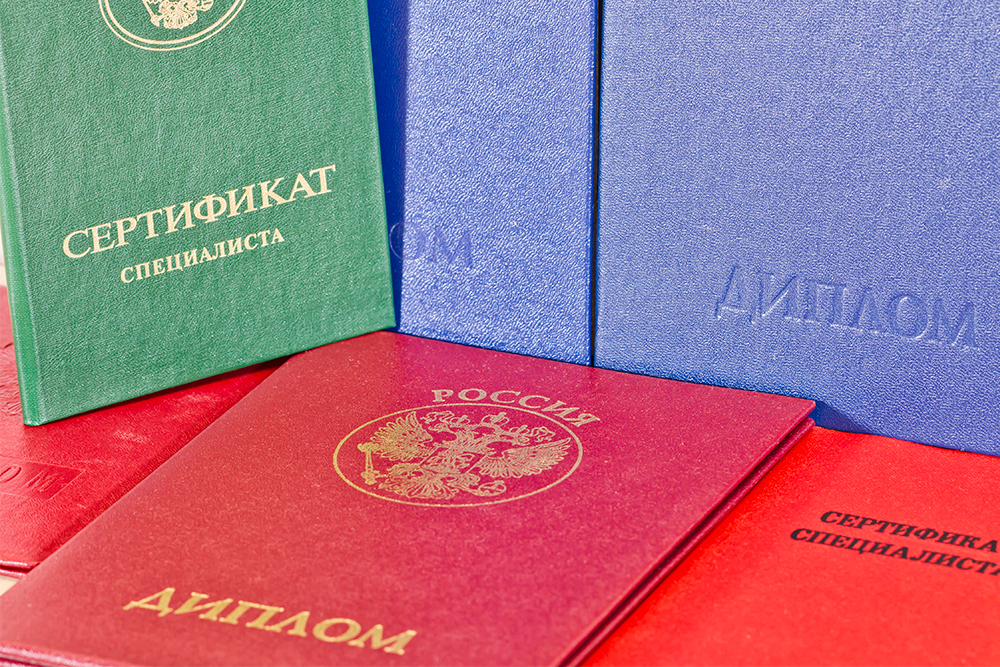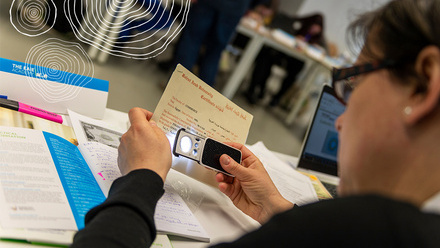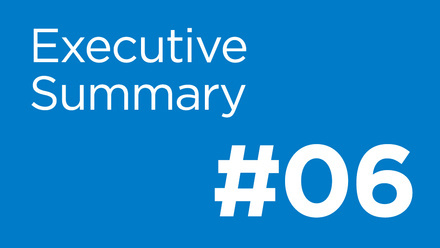7 tips for evaluating credentials from disputed territories

Credential evaluators may struggle with evaluating educational documents from disputed territories when they do not fit into our standard policy guidelines. The first question – "Is this an internationally recognised government or country?" – is just the start of a longer conversation. "Which policy do we follow?" or "What types of documents can we accept?" are the questions we ask most often when faced with these credentials.
As credential evaluators, we follow a principle in which institutional recognition is bestowed by the appropriate educational authorities in the country where the institution operates. Consequently, when the international status of the territory is in question and it is unclear where the educational authority resides, the status of its educational institutions is an equal dilemma.
Evaluating credentials from countries with high levels of corruption is an all-too-familiar struggle for many, but what to do with documents from countries in conflict can be another question altogether. Within that category lies one of the trickiest challenges for credential evaluators: deciding what to do with academic credentials from a country that not everyone agrees is a country.
Recognition where recognition is due
Determining recognition of educational institutions operating in disputed territories is as complex as the nature and relative ‘age’ of the dispute at hand. Each scenario poses a series of questions resulting in different answers.
Take Crimea, for example. The international community did not accept its 2014 annexation by the Russian Federation. Yet, the Crimean educational system has gradually transitioned away from Ukrainian control, with some of its universities splitting into two separate entities under Ukrainian and Russian control. On the other hand, parts of Eastern Ukraine face a problem with breakaway republics, such as the Lugansk People's Republic (LPR), which is not recognised by the government of Ukraine or the international community. To add to the confusion, a number of Ukrainian universities now have their doppelgangers in Lugansk, Donbas or Donetsk, while the original institutions moved their operations to Western Ukraine. We are now starting to see the first qualifications from these new universities. Are we prepared to evaluate them?
That packet of documents belongs to a person looking to further their education or continue their professional career. How can we help them?
Some territories have been in dispute for decades, oftentimes gaining international recognition. Others are the outcomes of recent political conflicts that may still be ongoing. What brings them all together is that packet of documents sitting on our desk: it belongs to a person who is looking for recognition of their qualifications to further their education or continue their professional career. How can we help them?
7 questions credential evaluators can ask themselves
Be assured, there is no single correct approach to all these cases. Before you come to a conclusion, give the individual your full attention and consideration. Ask yourself questions that factor in the government, quality assurance, the conflict itself, and other details that may affect your decision on recognition. You may find it helpful to consider the following:
1. Does it have an established government?
Specifically, is there a government body responsible for education oversight (eg Ministry of Education)? While we understand that the territory may not be accepted as an independent state by other countries, our priority as credential evaluators is to establish whether it is capable of regulating its educational sector.
2. Does it have an established quality assurance process for education?
This question supports the first point: the focus is on the capability for educational regulation and quality assurance.
3. Does it have international recognition, such as recognised status by a majority of UN members?
This is a strong argument in support of recognition, as it provides larger international reciprocity of educational recognition, such as in the case of Palestine, which has recently become a non-member observer state within the UN system.
4. Is this a long-standing conflict?
Some conflicts continue for decades, producing generations of professionals fully educated and functioning within their societies, such as Transnistria, which seceded from Moldova in 1990. It is now an autonomous territorial unit with special legal status within Moldova.
5. Does a bilateral recognition process exist to support student mobility?
When the two sides of the conflict reach an agreement in the area of recognition of each other's qualifications, student mobility between the territories in question becomes possible. For example, Moldovan legislation confirms the legality of Transnistrian educational qualifications, and Transnistrian students who wish to study abroad can obtain an attestation from the Moldovan government confirming the equivalency of their qualification.
6. Has the other country formally ceded authority over the territory in question or accepted it as an autonomous entity?
This status enables the autonomous entity to regulate its educational sector with approval from the overseeing entity, like in the case of Hong Kong, which is a Special Administrative Region of the People’s Republic of China.
7. Is the territory recognised by another country? Are its students accepted for further studies in the region?
This factor has some limitations because in many cases only a single country is politically vested in the recognition of the disputed territory, such as Turkey’s official recognition of institutions in Northern Cyprus.
Asking these questions can help us to consider the key factors affecting our conclusion. Do we need all of these answers to be a ‘yes’? Not necessarily. Is one ‘yes’ enough? Not likely. It is also possible that certain factors outweigh others. Nonetheless, as we consistently work through these questions, we are more likely to develop a solid rationale for our decision. It provides the individual with a fair chance for recognition of their education.





